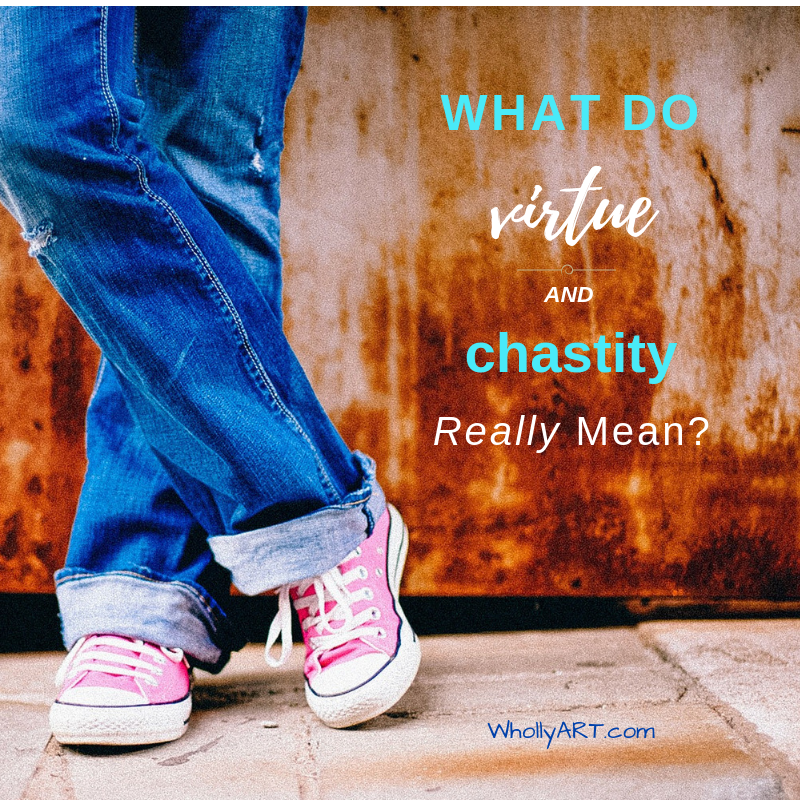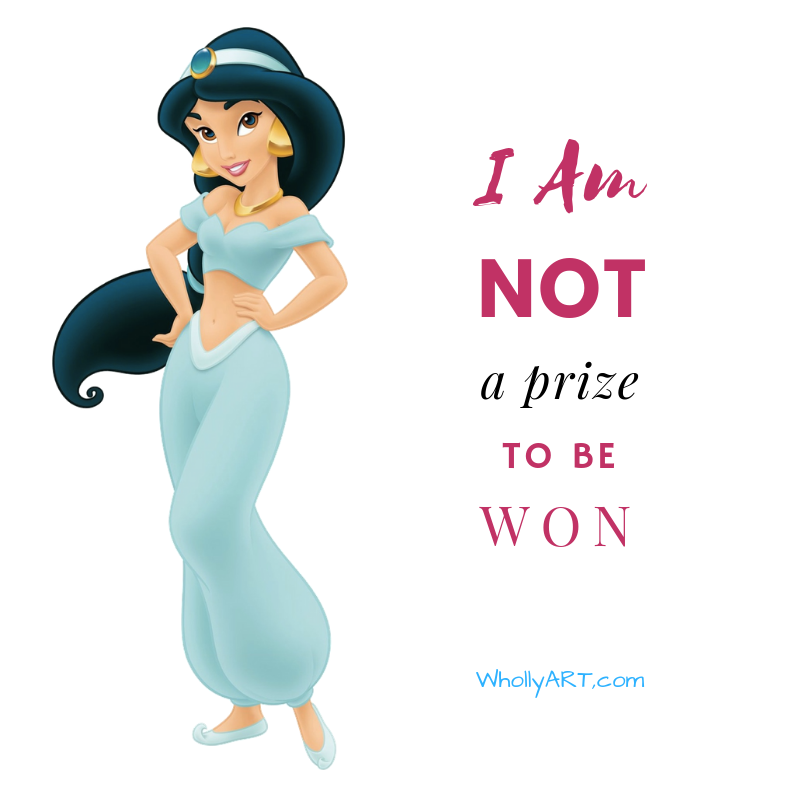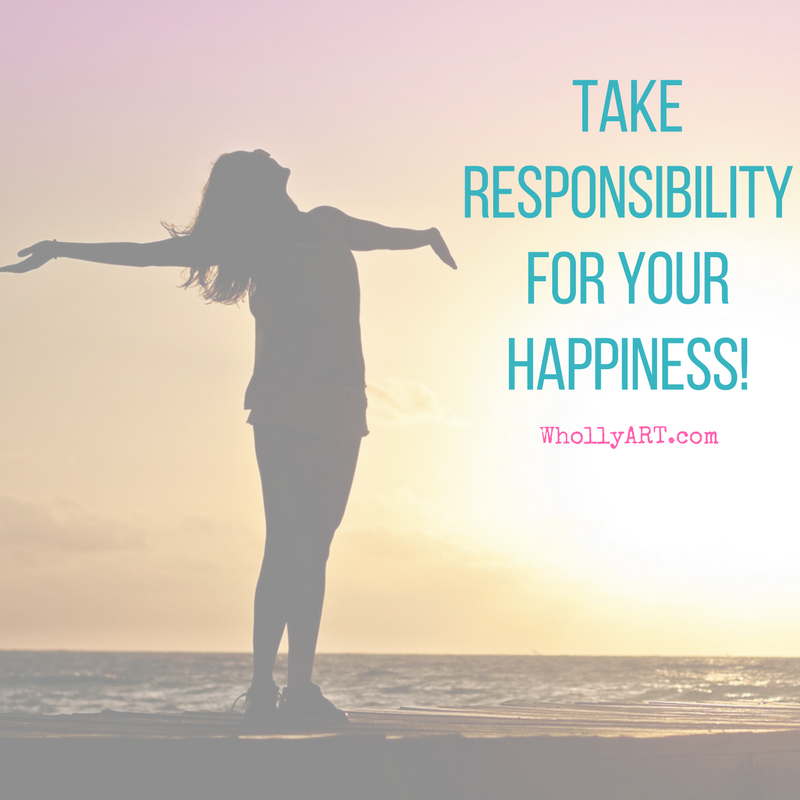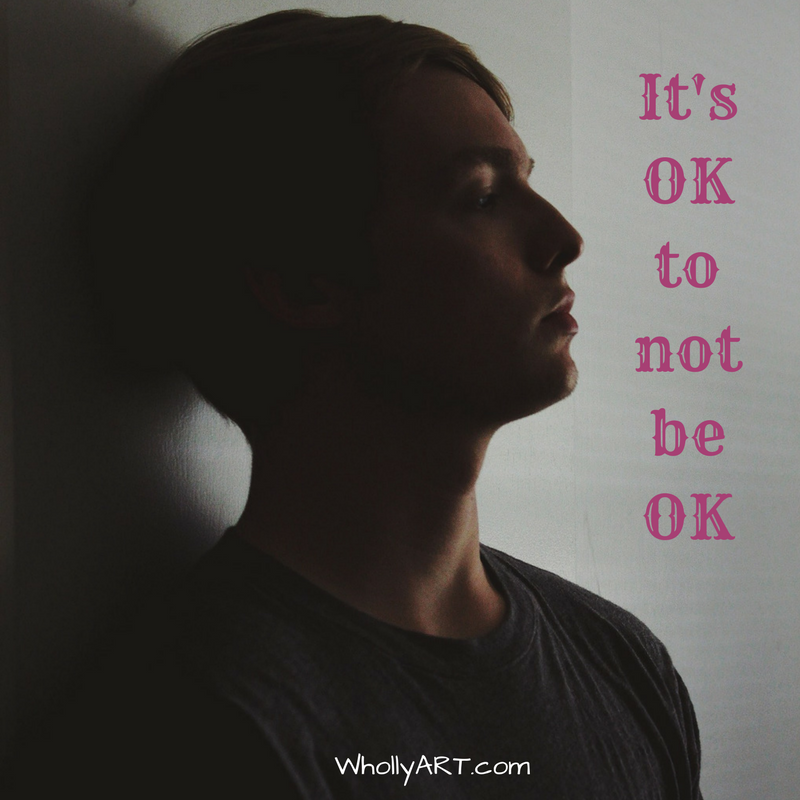What Do Virtue and Chastity Really Mean?
What I’m going to speak about today may be a bit of a heavy topic, so prepare yourself mentally and emotionally for the topic. We’re talking about virtue and chastity.
A few weeks ago in a Sunday religion class, my teacher’s topic was virtue, and chastity accompanying it. She said several things that I thought were untrue and in reality harmful about this subject, and I remember being extremely upset and angry afterwards. My mom encouraged me to write this blog post and analyze my perspectives on these “myths” and beliefs the teacher expressed.

It may be a bit triggering and it’s certainly not for the faint of heart, but I know that we need to raise awareness if we want to make real lasting change. Talking about these things is hard, I’m not going to lie. I’ve been struggling a bit through writing this post, thinking “Is this too much or too harsh?” but I know that what I have included is beneficial and needs to be said.
If you have any questions or concerns at all after you’ve read it, feel free to drop a comment, or find a trusted parent/adult to talk to. Now, I’d like to cover 5 myths about virtue and chastity, and expand on some other social issues.
1. Virtue is the same thing as chastity.
I’m sure many of you know I’m a word nerd. I love words – their etymologies, definitions, synonyms, and using them correctly in my everyday conversations/writing. I was a bit upset when this was said.
Virtue and chastity are NOT the same thing. Not even close. Let’s take a look in the dictionary, shall we?
vir·tue: behavior showing high moral standards.
chas·ti·ty: the state or practice of refraining from extramarital, or especially from all, sexual intercourse.
2. Your virginity is the most important thing you need to protect.
*groans inwardly* Where do I even begin with this one?
The way this was spoken, it was easily felt throughout the room that “you are worth nothing if you aren’t a virgin.”
And, this statement was followed by the reassuring, “All of you are good girls, though, I know you would never do something like that.” (*screams into a pillow*)
First off, if you aren’t a virgin, or if you are, whose business is it? YOURS. Yours and yours ONLY. It enrages me to think that people grow up with the belief that if you aren’t a virgin, then you are less of a human because of that. It isn’t the most important thing in your life and does not increase or decrease your value.
Second off, it’s not right to assume things about people. The teacher assumed that we were all “good” girls (therefore we aren’t good if we aren’t virgins), and that we wouldn’t do something like that. Imagine if one of us in the room was not a virgin, due to choice or otherwise. How would we feel?
Shame. Guilt. Pain. Humiliation. Embarrassment.
And we wouldn’t want to talk about it or say anything because of these emotions. Assumptions bring suffering. Let’s end the suffering, please.
3. A woman’s main right is to choose whom she will be a slave to.
ALRIGHT.
I felt the need to underline and italicize that last part. And no, this is not made up or a joke. That is word for word what the teacher told us. With a smile.
She was referring to us being married in the future, and while I have a goal of getting married one day, I do not believe in any way that a woman should be subject to her spouse. This is another form of objectification.
Women are people. We are people. We are not toys or objects of desire or prizes to be won (like Princess Jasmine says). We are not “meant” to be in the kitchen or to be held back by society’s expectations of us.

We have the right and freedom to choose. NOT to choose our slave-masters or captors in this world. But to choose our occupation. The choice to speak up. To support each other. To be mothers (if we CHOOSE to). To stay single (if we CHOOSE to). To be CEOs, or secretaries, or authors, or dancers, or anything we want to be (if we CHOOSE to).
*mic drop*
4. You always have the last say about what someone can or can’t do to your body.
This one especially angered me, because it advocates for rape propaganda and culture.
We do not always have a say about what someone can do to us. (Trigger warning ahead, fyi.)
At age 19, my mom was going to her technology class when she was abducted and raped brutally in a car. She would’ve died, too, but by some miracle she was able to make it out. And she heard the above statement all the time, as well as these others:
“Are you sure you didn’t deserve it?”
“What were you wearing?” (See #5)
“Were you flirting or provoking him?”
Yes, I do know that I have a choice with what happens with my body. But I can’t physically, emotionally, or mentally control anyone but myself. Period.
So many women and men, too have been harassed. I, myself, even, have been sexually harassed, humiliated, and objectified. It’s an ugly, devastating, and despicable feeling. It’s even more so to say anyone could prevent it.
Sometimes there is nothing you can do, and especially as a woman in this day and age, we have less of a say in nearly every situation than men do. We have less power, and it is a sad and true fact. It’s unfair that we are expected to control others who act like… jerks (I’ll just say that the initial words I thought of were very unkind.)




